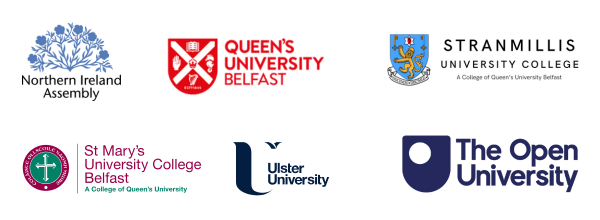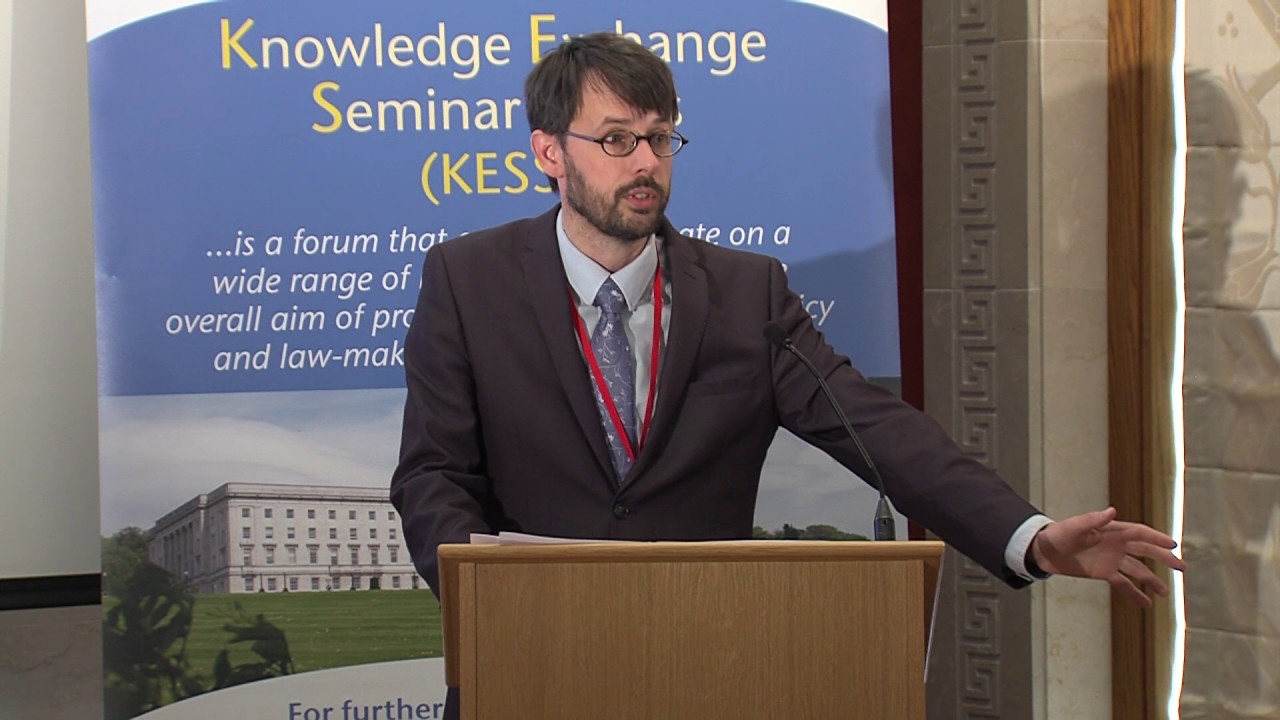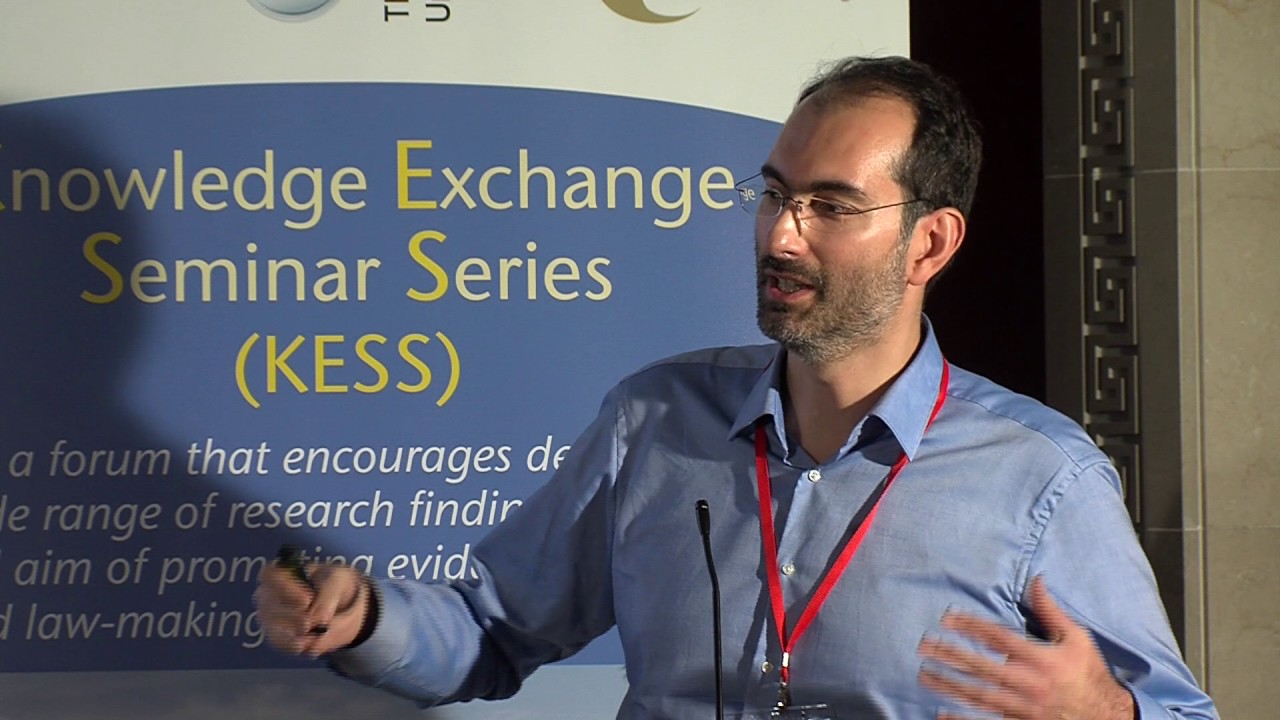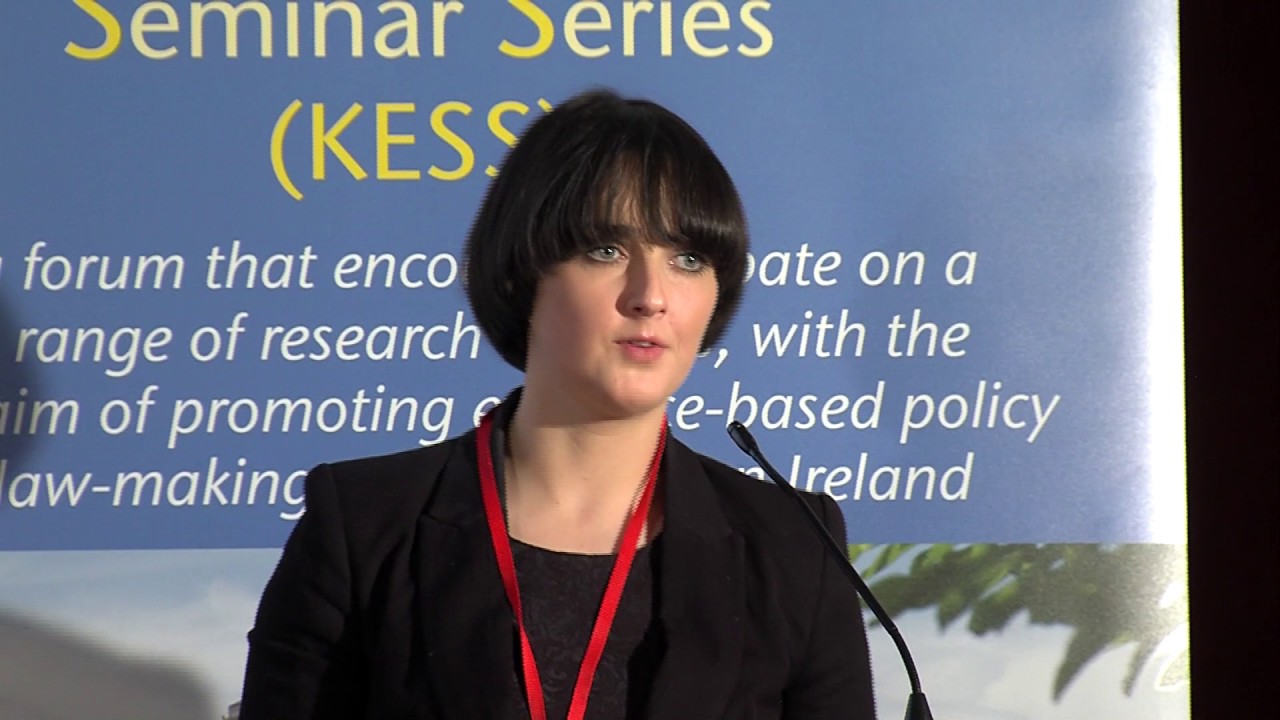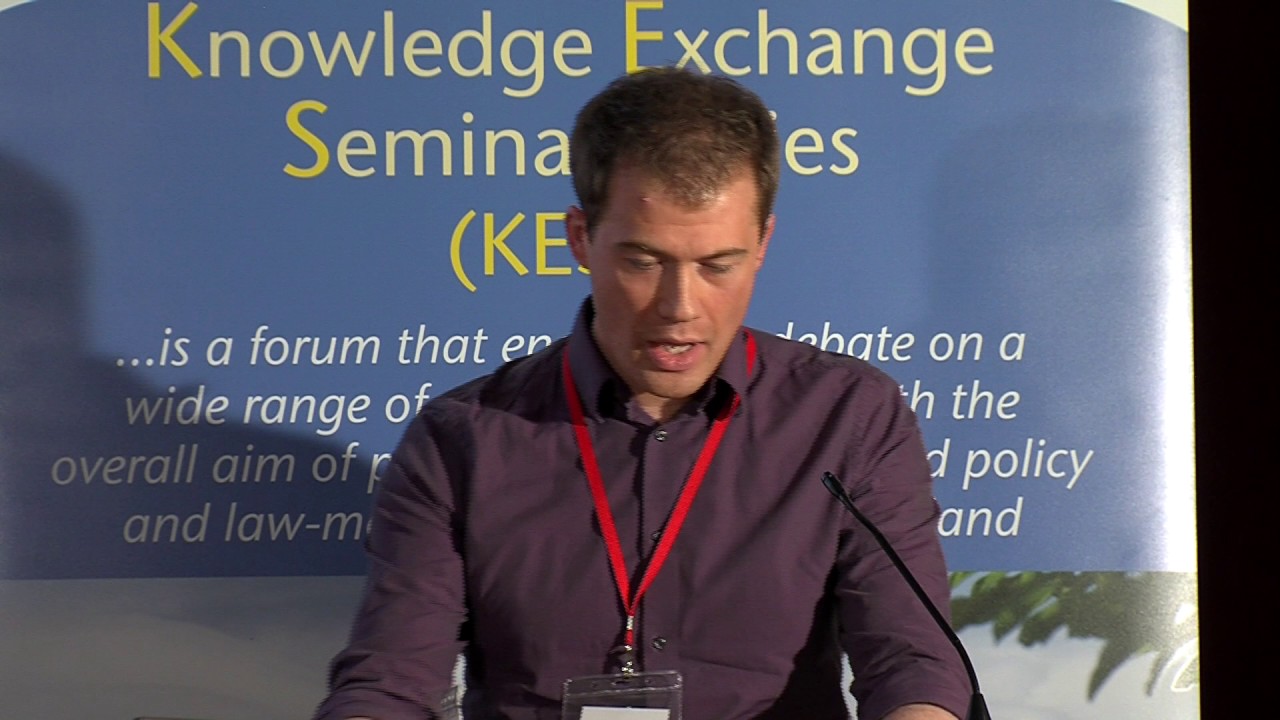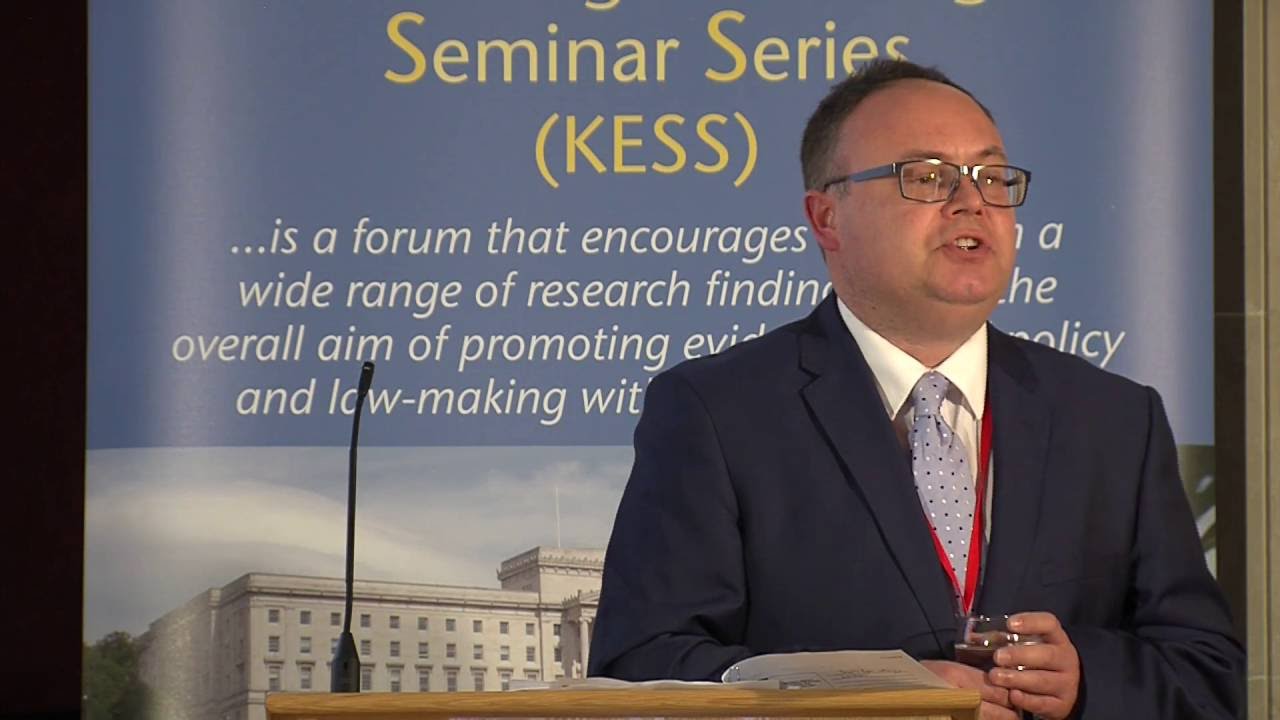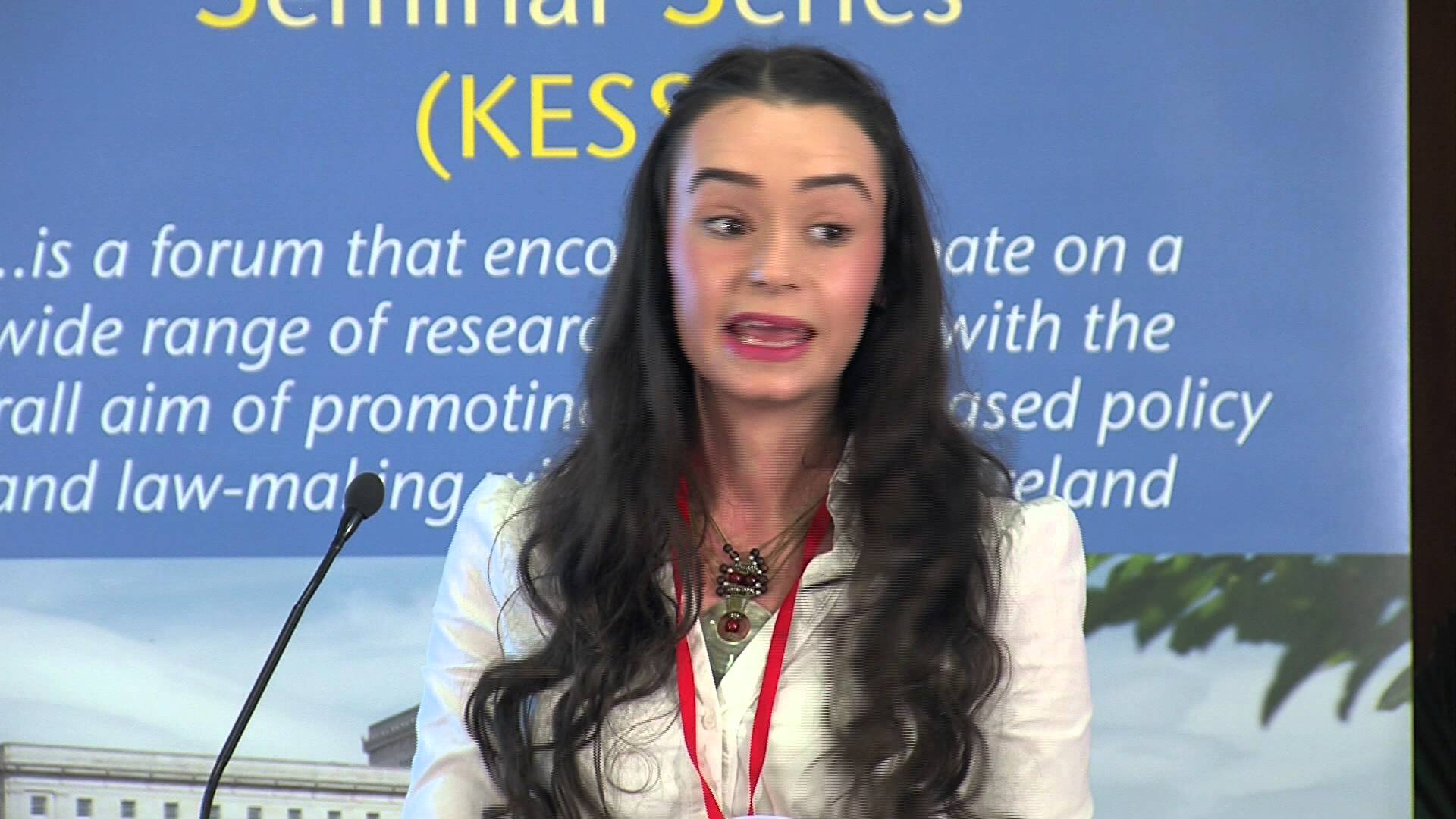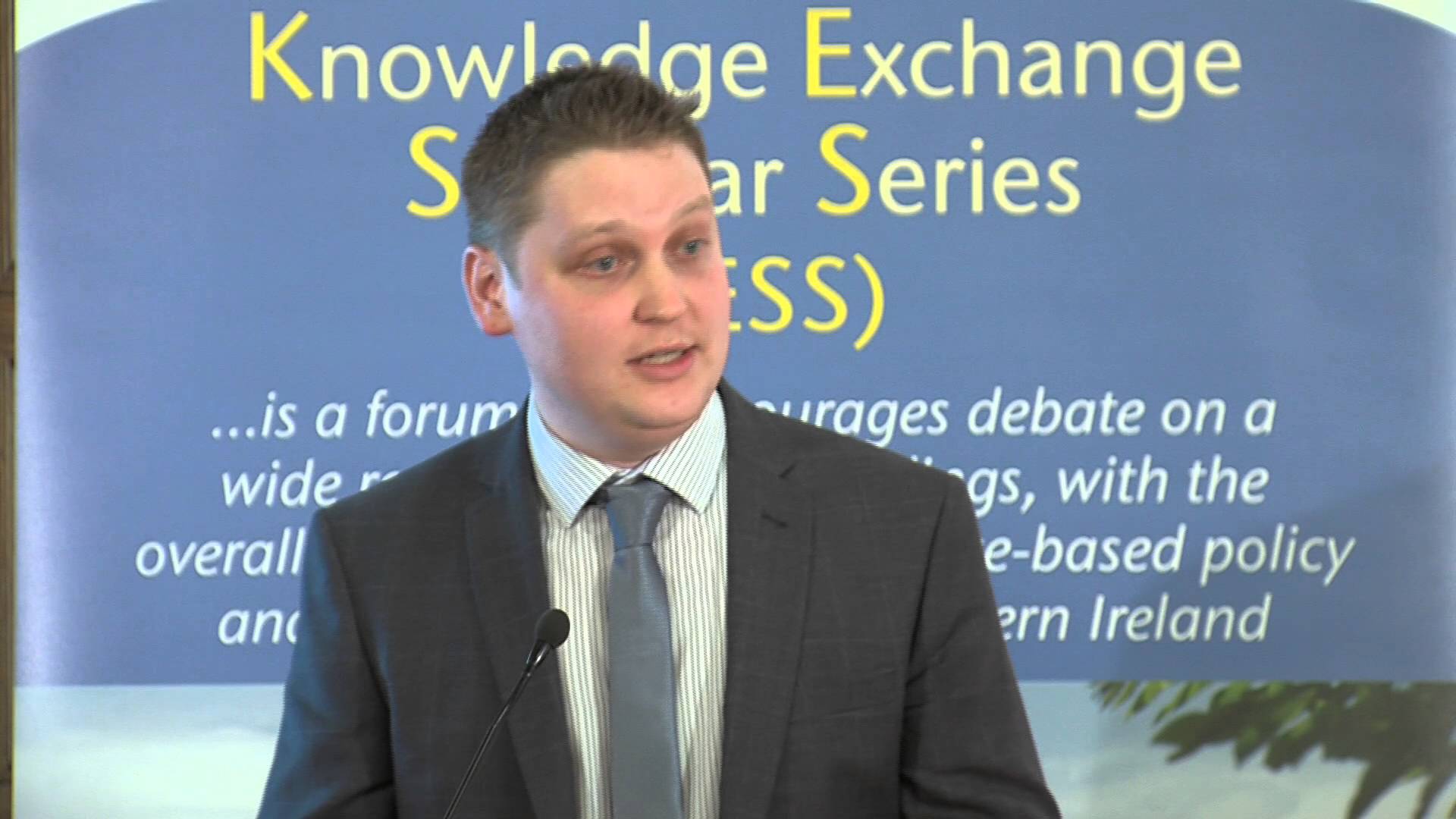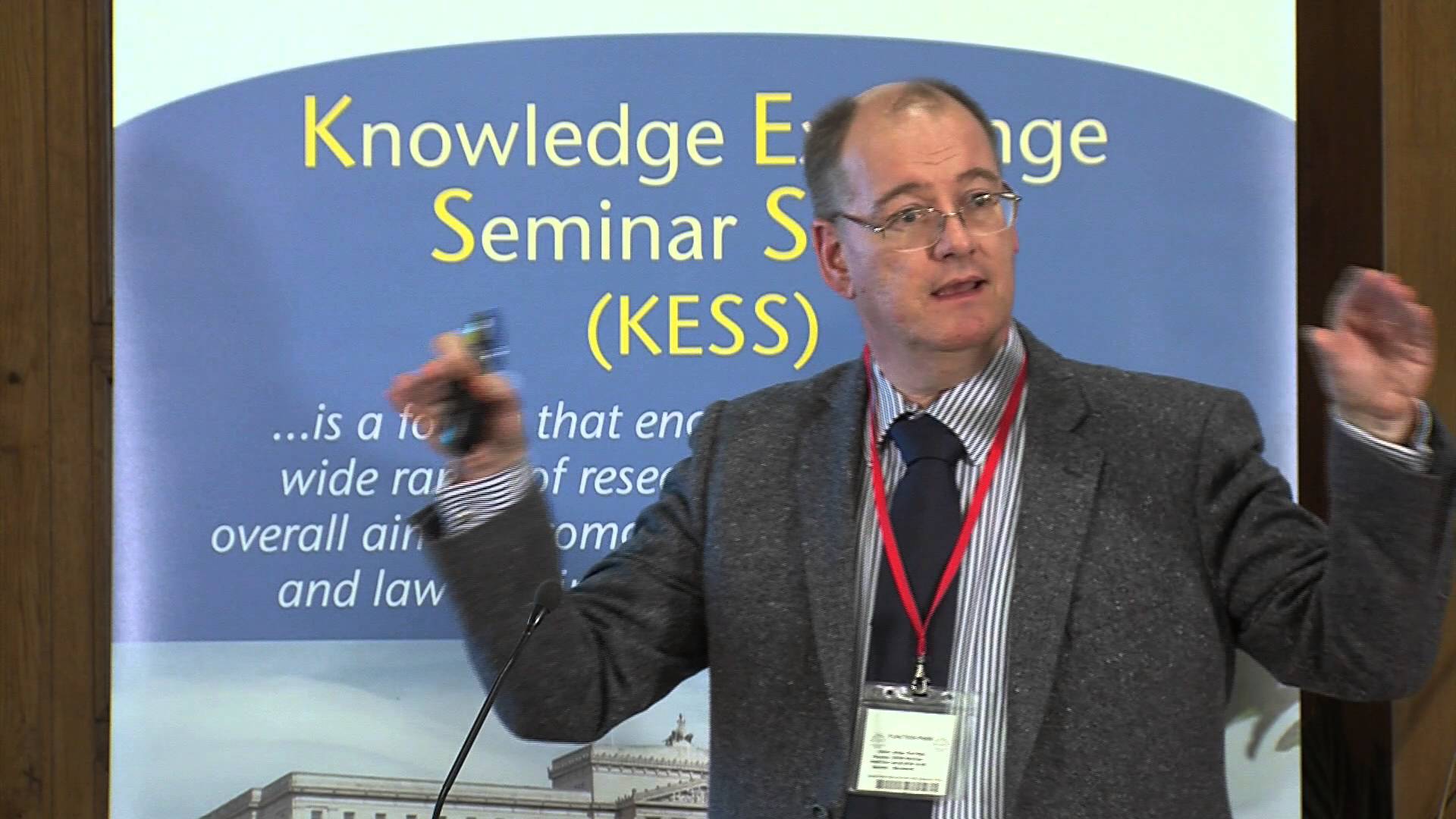Assessing the risks of economic inequality; the impact on societal wellbeing and economic development
Dr Nat O’Connor (Ulster) Economic inequality is rising in the developed world and influential research has found major risks to economic growth and population health;… Read More »Assessing the risks of economic inequality; the impact on societal wellbeing and economic development


